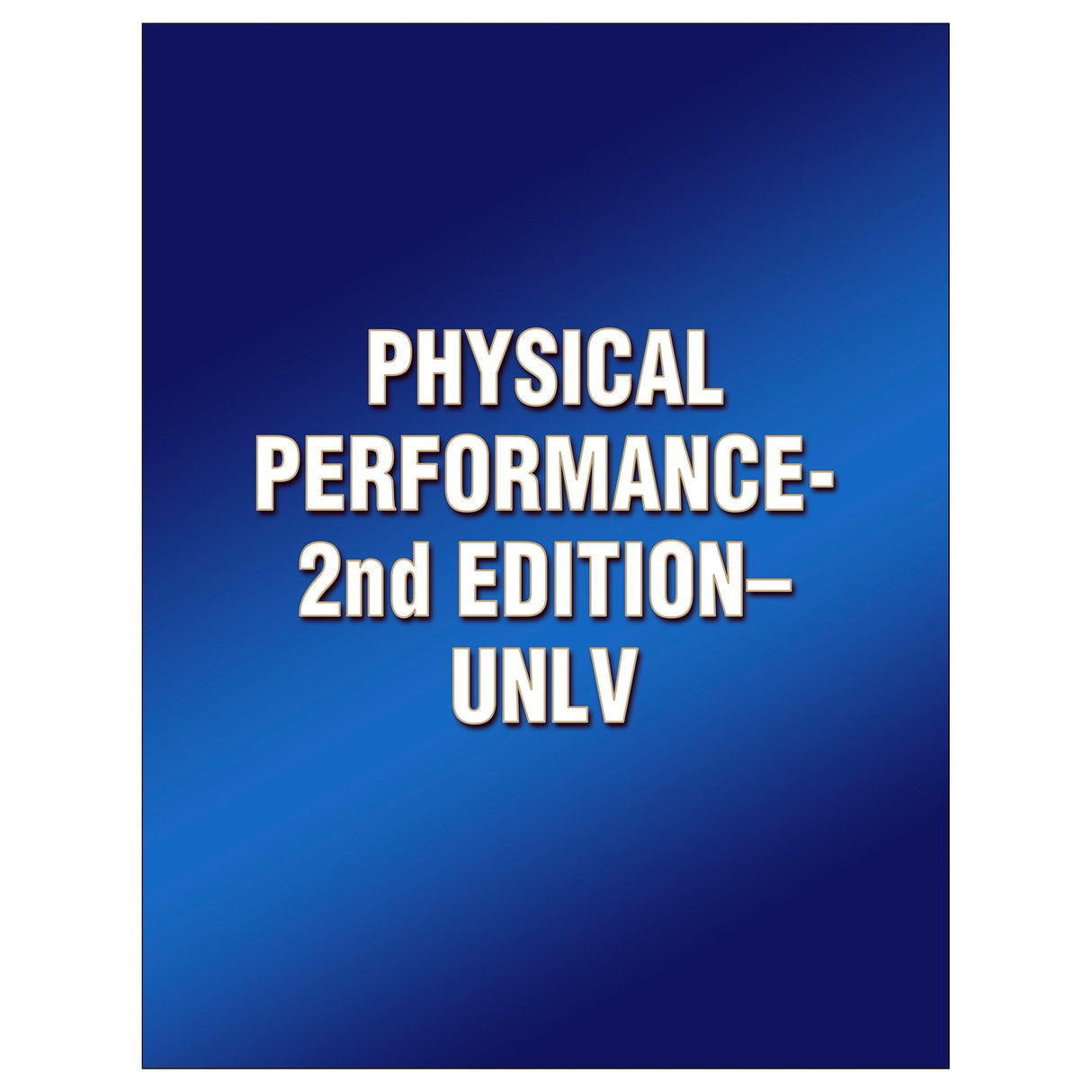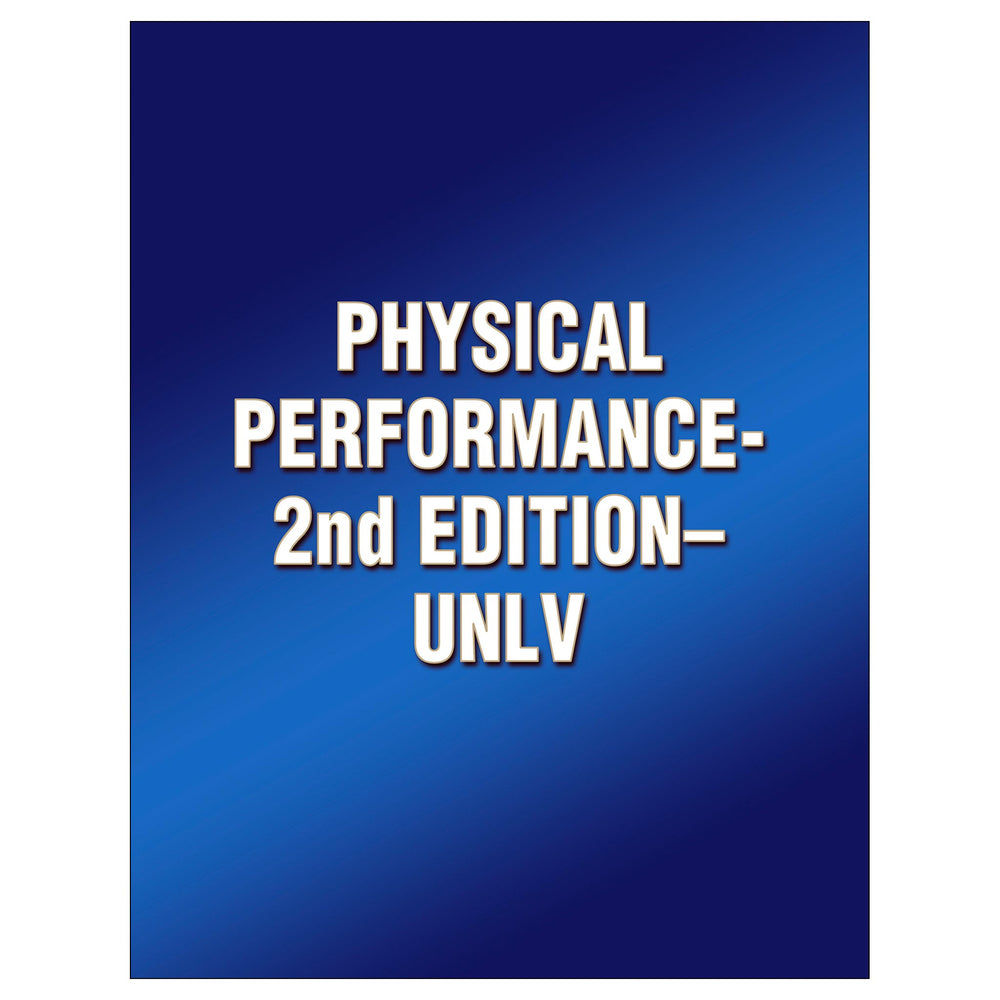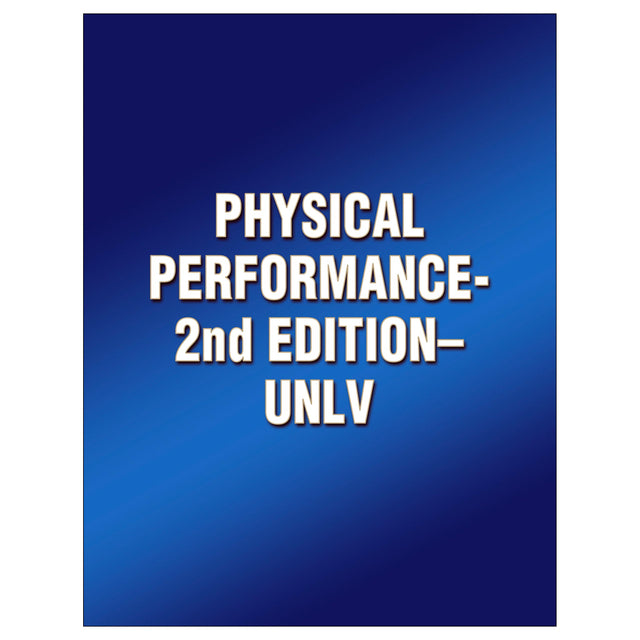Ebook
Physical Performance-2nd Edition-UNLV
Author: Stephen S. Cheung, Philip Ainslie
$77.40 USD
Unit price
/
Unavailable
Ebook
$77.40 USD
$77.40 USD
Access Duration: 10 Years
Ebook
This custom ebook includes chapters from Advanced Environmental Exercise Physiology, Second Edition. It has been specifically designed for students taking the course First Responder and Military Physical Performance (KIN 411/611) at University of Nevada, Las Vegas (UNLV).
Audience
Custom ebook for students taking the course First Responder and Military Physical Performance (KIN 411/611) at University of Nevada, Las Vegas (UNLV). Fundamentals of Temperature Regulation
Heat Stress
Heat Adaption and Heat Therapy
Hydration Strategies for Exercise
Cold Air Exposure
Cold Water Immersion
Diving and Hyperbaric Physiology
Physiological Adjustments to Acute Hypoxia
High-Altitude Physiology
Altitude Training and Performance
Exercise in Polluted Environments
Chronobiology
Cross-Adaptation
Individual Variability: Sex and Age
Heat Stress
Heat Adaption and Heat Therapy
Hydration Strategies for Exercise
Cold Air Exposure
Cold Water Immersion
Diving and Hyperbaric Physiology
Physiological Adjustments to Acute Hypoxia
High-Altitude Physiology
Altitude Training and Performance
Exercise in Polluted Environments
Chronobiology
Cross-Adaptation
Individual Variability: Sex and Age





